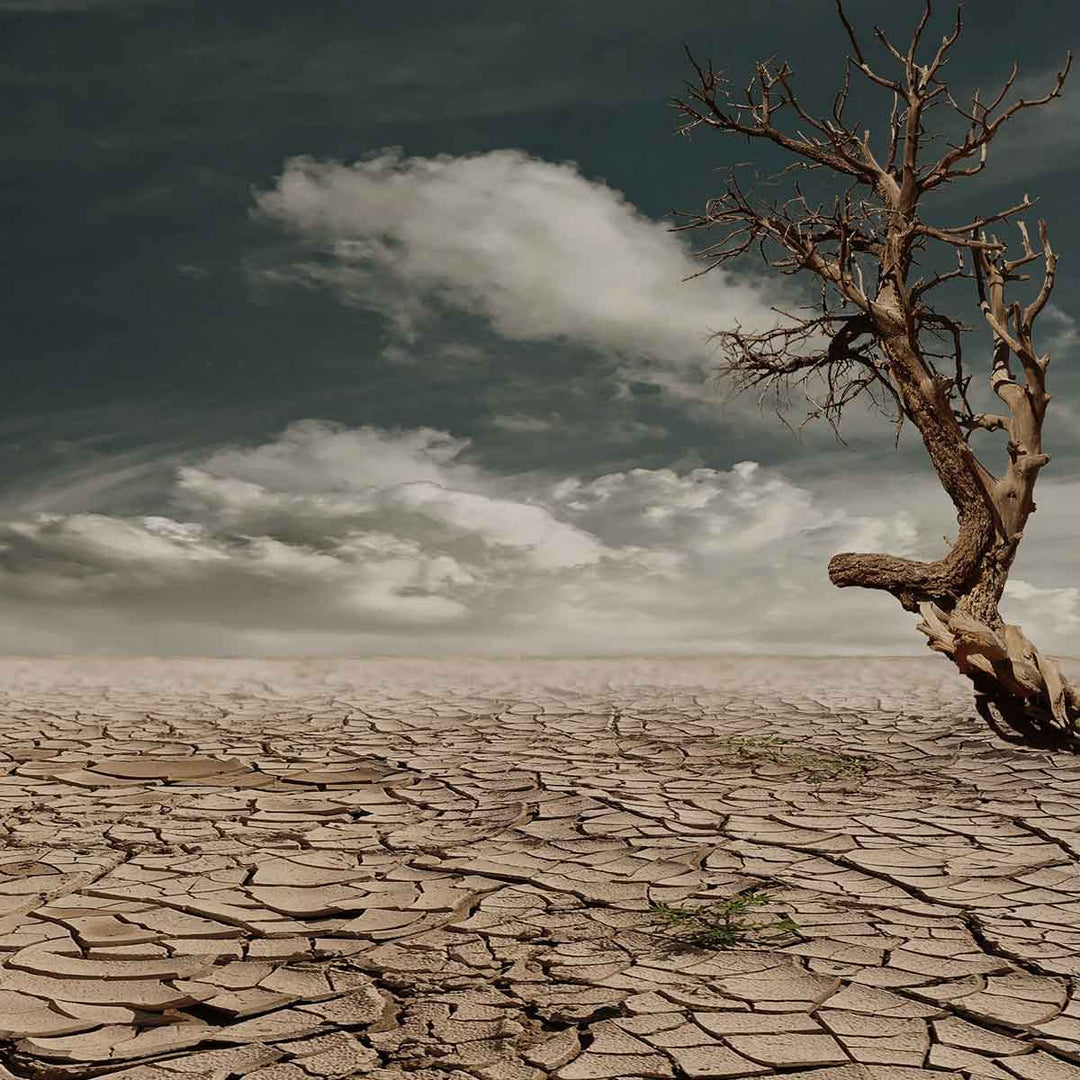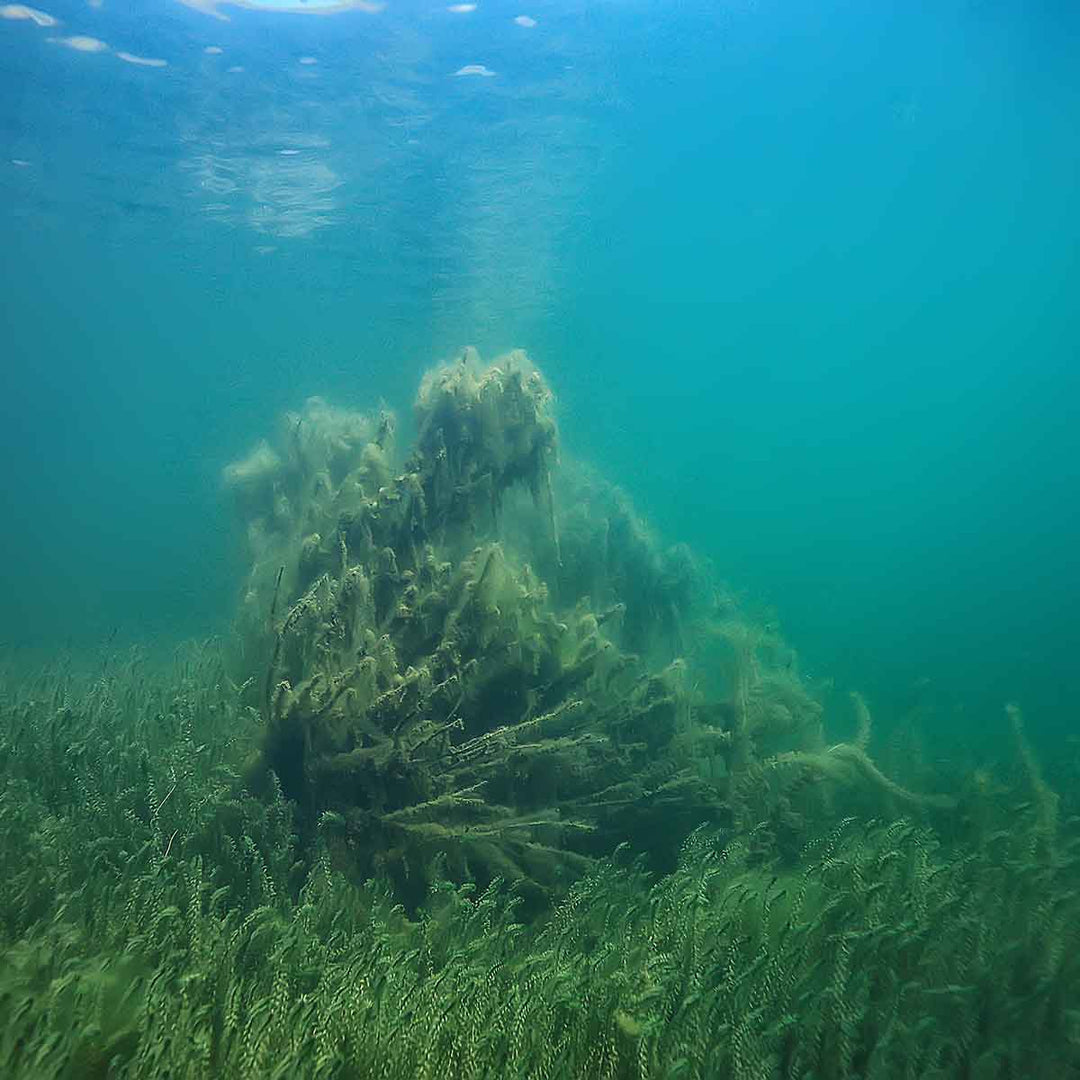What is Sustainable Tourism?
Travel is a part of the world we live in and it is an important element, providing hundreds of thousands of jobs and allowing for the immersion of different countries and cultures with one another. This should not however negatively affect the future and the ways that tourism impacts society is something that should be continuously measured and if inconsistencies are found, the different features of the industry should then be adjusted. The definition of sustainable tourism is that the industry is involved in ensuring that economic, environmental and social facets of tourism development are balanced out and that none of these elements outweighs or overpower the others. Sustainable tourism ensures that the travel industry does not negatively impact the social, environmental and economical wellbeing of future generations while still ensuring that the generation of today is able to live a full life.
Support sustainable lifestyle with our Recycled Beach Towels!
What does sustainable tourism aim to do?
Sustainable tourism aims to create a balance between all elements that are involved in tourism and the development of this important sector. Ensuring that the economic, environmental and social needs of the industry are levelled and do not overpower each other is an important part of creating and promoting sustainable tourism. Sustainable tourism objectives and aims are to minimise or remove the impact that it may have on things like biodiversity and culture while still ensuring that tourism is able to be a part of society. The aim is to ensure a safe space for the tourism industry to grow and thrive while not negatively impacting other features of society.

Why is sustainable tourism important?
Just like sustainability, sustainable tourism is incredibly important as it ensures that future generations will be able to live and thrive just as our generation has been able to. If we are going to ensure that all facets of our lives can be carried over and enjoyed as we are able to enjoy them, it is important that we develop sustainable and maintainable ways of living our lives. Sustainable tourism ensures that future generations will be able to travel and explore the world in a safe and enjoyable way. One of the best examples of sustainable tourism can be noted when looking at the region of Bhutan, where the tourism sector revolves around the idea of travel with a high value and a low impact. Tourists venturing to this region have to abide by strict rules and regulations and pay a daily tariff that goes into maintaining the area and helping those who live and thrive in the region. This is a great example of how sustainable tourism can help to positively impact the lives of those who live in tourist destination hotspots.

What elements does sustainable tourism cover?
The three facets of sustainable tourism work synonymously with one another and should be balanced and equalised to ensure that tourism does not negatively impact a region. To be sure that tourism is not hindering a region, it should not negatively influence the environment, socio-cultural or economic sectors of the country, city or town. When it comes to the environment, putting sustainable tourism development and policies in place that ensure that the natural resources of the land will not be negatively impacted by tourism in the area is extremely important. This often relies on the number of travellers allowed in a certain area at a time and the activities that are open to tourists who venture to the region. The economy is another facet of the tourism industry that needs to be monitored and the development of the economy and job market for those who live within the community should always be upheld. Sustainable tourism for development in a country or region should always be one of the first priorities. Lastly, the sociocultural elements of society should never be questioned or jeopardised in order to improve a tourists experience. Learning about different cultures and understandings is a big part of why travel and tourism are so important and this should never be questioned or jeopardised.














